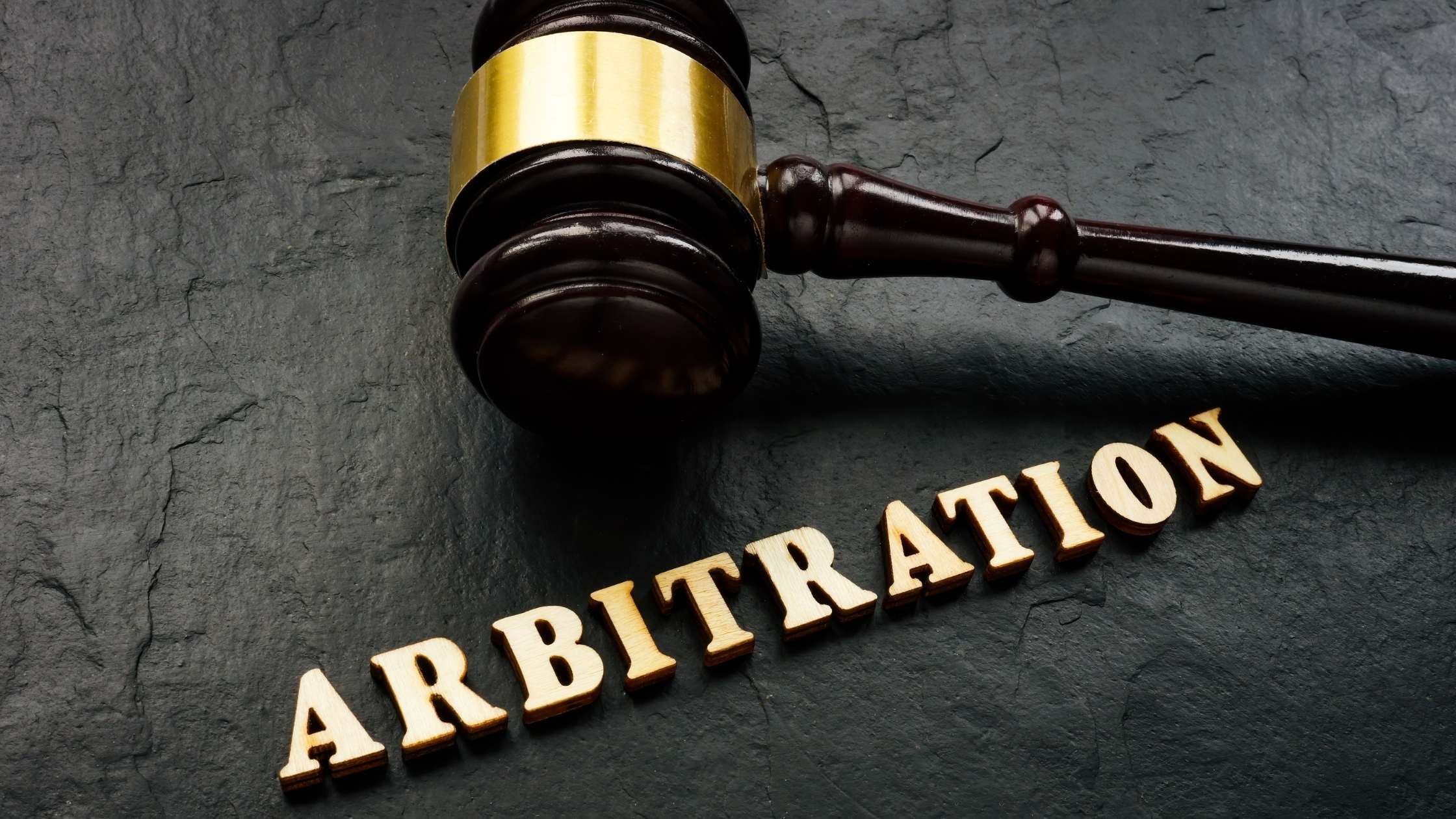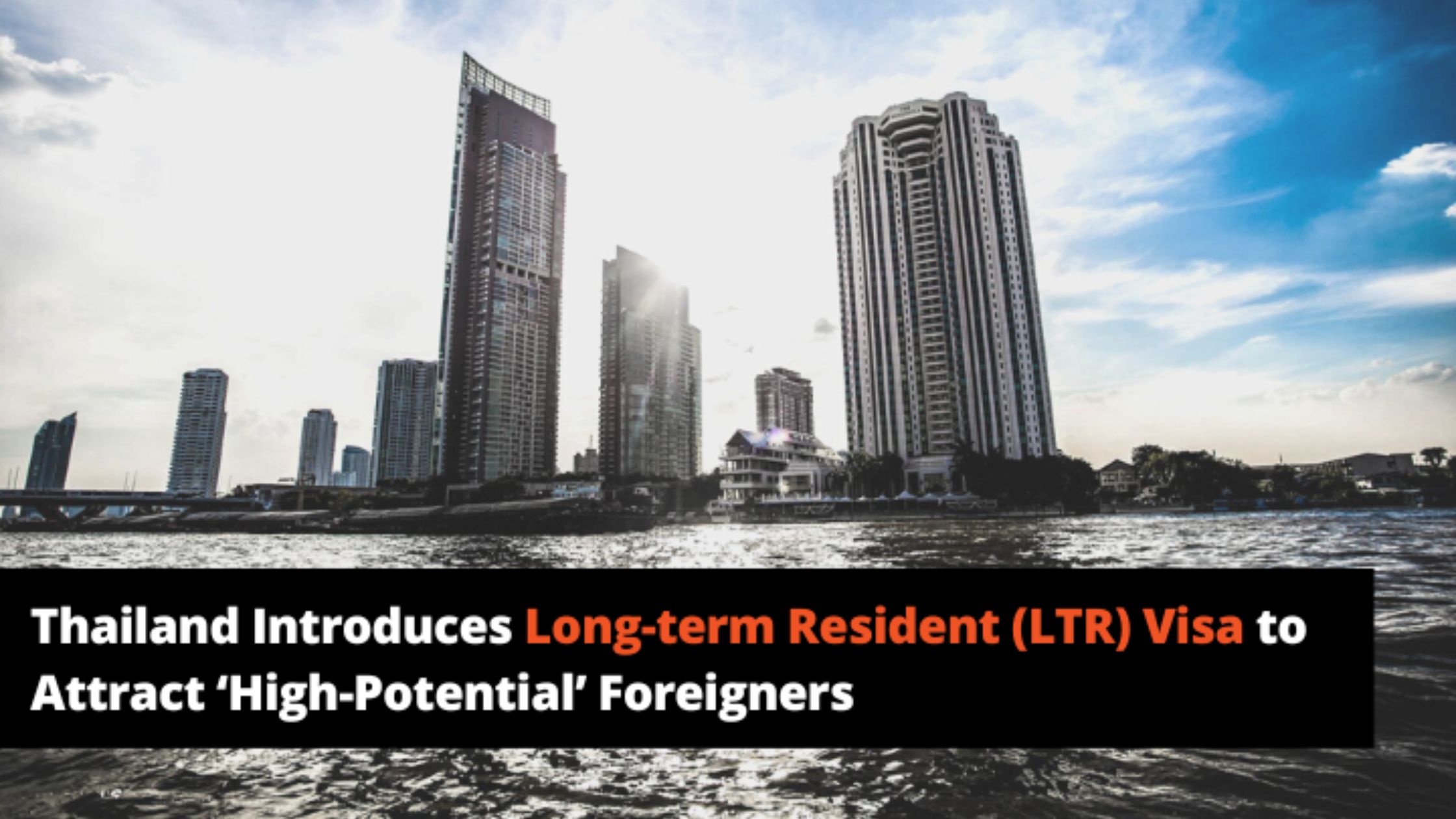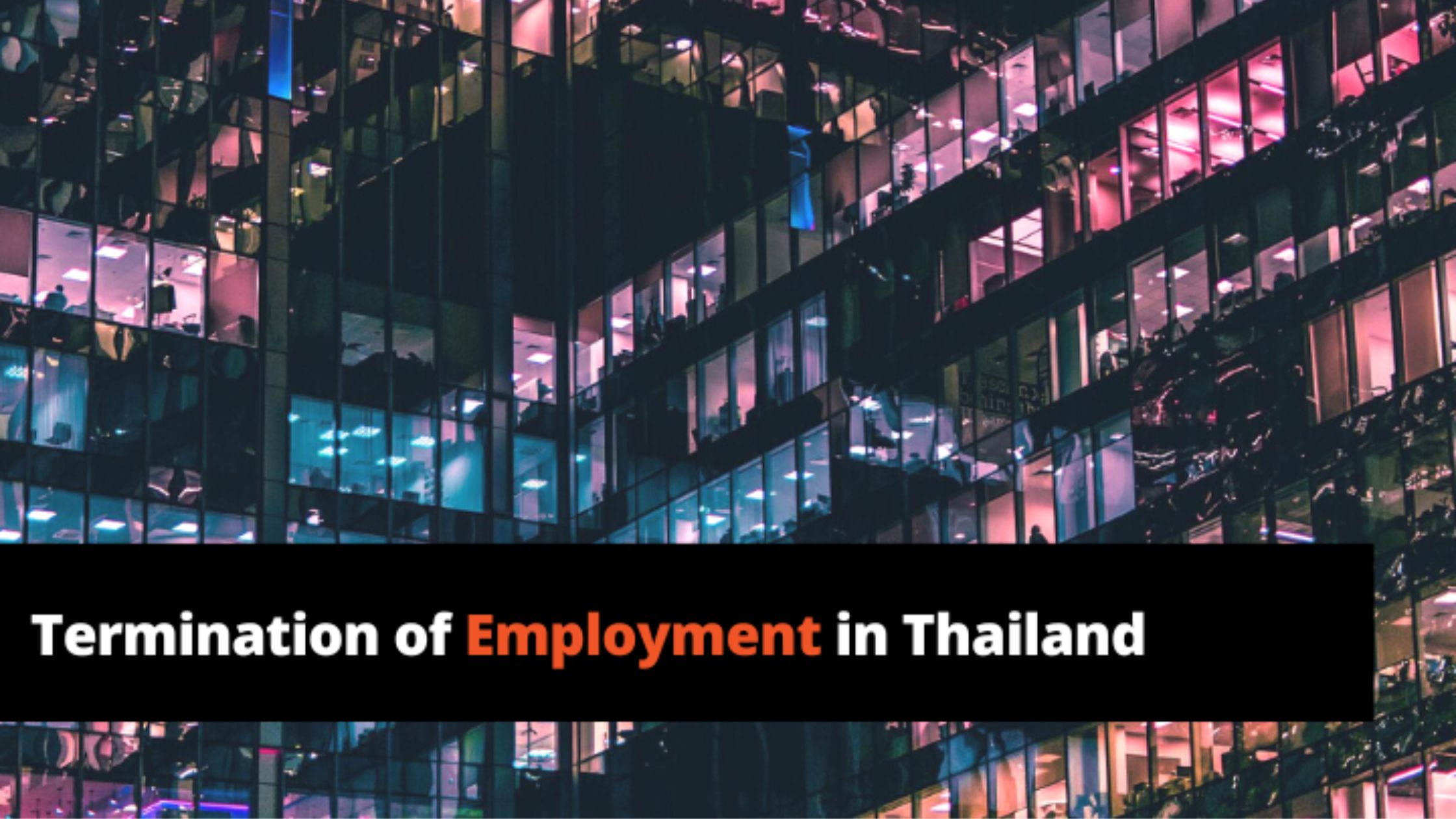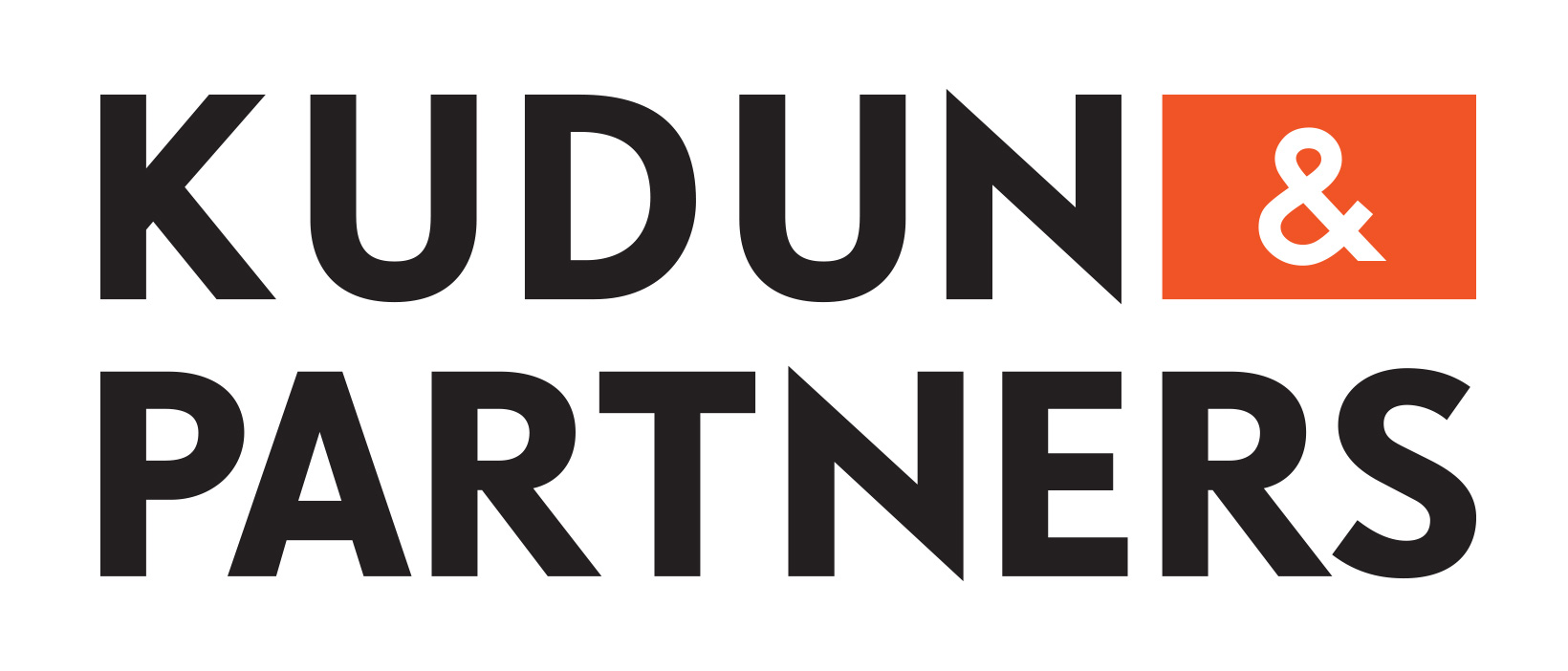A fast track to the firing-line

By Chai Lertvittayachaikul and Piti Kerdpu, Kudun & Partners
Thailand: The Supreme Court recently dealt with a case in which an employee was dismissed after forwarding confidential work-related information to his personal email account (Supreme Court Decision No. 7189/2562). The court decided that the employment termination was fair and lawful, where the employer is not required to inform the employee in advance for such dismissal. Additionally, the employee was not entitled to any compensation nor severance pay.
According to the decision, it can be deduced that the court in this case views the information related to the operation and management of the employer as confidential and sensitive in nature. As such, revealing the information was considered a breach of material obligation by the employee.
In consideration of the employee obligation and the confidentiality level of the information, the court tested the following regimes and was convinced that the employer placed importance on confidentiality:
(a) The employee’s awareness of his confidential obligation
In this case, before the employment commences, the employee and the employer had signed a non-disclosure agreement whereby the employee agrees not to disclose confidential information that the employee would be receiving during his employment. Besides that, the working regulations of the employer also explicitly express a protocol, which prohibits any employee from disclosing sensitive information without consent from the employer. The court is, therefore, convinced that the employee was aware of his confidential obligation during the disclosure; and
(b) The employee’s awareness of the confidential nature of the disclosed information
Given that the documents containing the revealed information clearly specified that the information is confidential information and the employer has an obligation with an external third party to keep the information confidential and not disclose it without consent from such respective third party, the court, therefore, opined that the employee acknowledged and was aware of the nature of the confidential information.
Apart from the issue concerning the employee’s material breach of his obligation, another issue which should come into consideration is “How did the court view the employee’s action as disclosure?”
The court further deliberated this major issue of the case, i.e. whether forwarding the information to the employee’s personal email account was regarded as “disclosure”. Despite the employee arguing that he did not disclose such information to anyone and merely kept it in his own account, the court was of the opinion that the employee had already disclosed the information. The court reasoned that forwarding the information to personal email account might lead to information leakage and leave the employer unable to prevent the leakage. This interpretation may raise a question of whether keeping the information in other forms, electronically or not, such as keeping documents in one’s home, will be considered disclosure of information, given that it can also lead to information leakage.
The above interpretation proves even more interesting during the recent COVID-19 outbreak. Since the outbreak, many offices in Thailand have adopted a work-from-home (“WFH”) policy. A majority of those who work from home would use their own personal digital devices such as laptop, tablet or mobile to perform their daily work tasks and it is also convenient for employees to transmit information from work, which can be confidential, to their own devices. Apart from forwarding information, discussing work via mobile applications has become even more common since the lockdown. In many circumstances, it is possible that various confidential information being discussed is exposed to the risk of leakage as this information is recorded and automatically stored in the application for a certain period of time. In fact, all the employers who implemented the WFH policy may eventually be confronted with information leakage problem. The question is “What is the court’s view on this?”
Even though there is no clear concept set forth under the court’s decision, it seems to be that the court did not consider or specifically highlight the type of technology that is used to reveal confidential information. In other words, regardless of whether such confidential information is sent via email, mobile application or through USB flash drive, if information leakage occurs due to the employee’s action, the employee would be regarded as breaching their obligation. We, therefore view that the relevant courts may apply this basis for the same disputes in the future.
Interestingly, the court also concluded that the employee caused damage to the employer intentionally (and not just negligently) because the action of the employee was considered an act of dishonesty, but the explanation as to why the court considered such action dishonest is not included in the summary of the court decision disclosed to the public.
As the court viewed that (i) the employee disclosed confidential information, (ii) the employer is serious about confidential information, and (iii) the employee intentionally caused damage to the employer by disclosing the information, the court held that the termination was fair, and the employer did not have to compensate any severance pay to the employee under the Labour Protection Act B.E. 2541 (as amended).
Considering the court decision above, employees may have to think twice before sending any information or documents from work to their personal email account. One might wonder if the court will conclude the same if any fact differs from what actually happened in this case. For instance, if it is normal practice for employees to send documents to their personal email account while the employer is aware of that and did not express any objection, or if a non-disclosure agreement was never signed between the employer and the employee, or between the employer and the party that gave confidential information to the employer. In any case, following the court decision, it would be prudent for the employer to record the understanding of both employers and employees in relation to confidential information in documents such as a non-disclosure agreement or work rules, which will play a pivotal role when a dispute arises.
For employers, if this court decision becomes a precedent, employers may need to revisit their work rules and office policies regarding confidential information to ensure clear guideline stipulating the employee’s obligations in relation to confidential information. In general, the type and nature of information that is considered as sensitive or confidential must be set in the policy. Besides that, methods, purposes, and level of use should also be specified. The employers may also set rules on what extent their employees can transfer such information, designated or permitted platform that they can discuss work with their colleagues, protocols on avoiding information leakage and other pertinent rules. Confidential agreements with employees should also be reviewed or prepared to ensure that employers and employees share the same understanding.

Chai Lertvittayachaikul
Senior Associate
chai.l@kap.co.th

Piti Kerdpu
Associate
piti.k@kap.co.th






























 Kudun and Partners Limited
Kudun and Partners Limited Kudun Sukhumananda
Kudun Sukhumananda Troy Schooneman
Troy Schooneman



